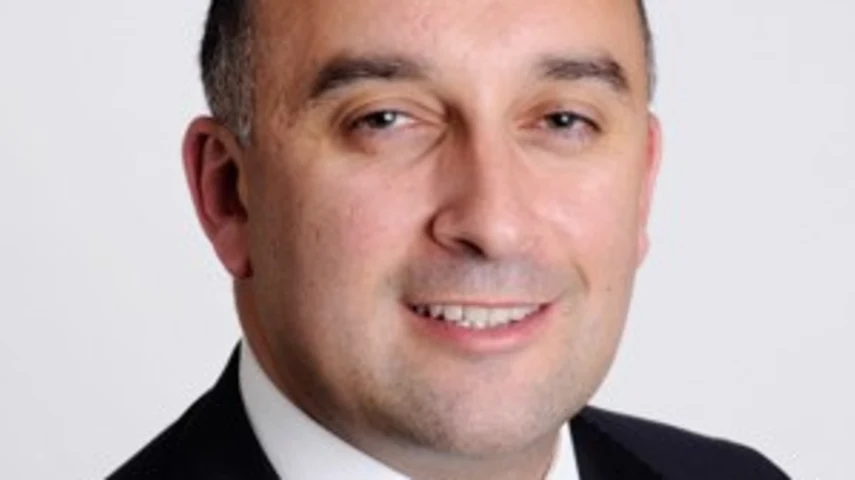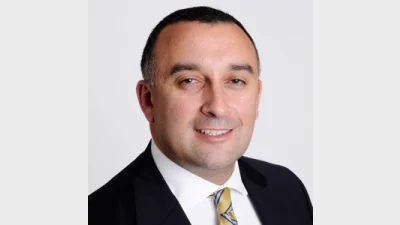Performance the issue not fees: AVCAL



The Financial System Inquiry (FSI) needs to focus on superannuation funds' performances rather than fees, the Australian Private Equity and Venture Capital Association Limited (AVCAL) believes.
In its second round submission to the FSI, AVCAL chief executive, Yasser El-Ansary, said that Australia was "trapped" in a policy and regulatory debate over fees and costs, while other developed economies were focused on net returns.
"The interim report form the inquiry directed much of its attention to fee competition within the superannuation industry, but what was missing was a comprehensive analysis of how the policy and regulatory system could change to shift more of the focus towards enhanced competition on net returns," he said.
"In the end, superannuation has to be about ensuring that the retirement outcomes of Australians are optimised, which is necessary in order to reduce the dependency of retirees on the age pension.
"And while keeping superannuation fees down is important, research has consistently shown that an optimal shown that an optimal diversified portfolio is framed around striking the right balance between a variety of asset classes — some of which might be low-fee, and others that offer high above-normal returns, such as private equity and venture capital."
AVCAL also raised concerns about what it described as the "relatively small" proportion of capital investment by super funds into domestic private equity projects.
In its submission AVCAL reported that Australian private equity had outperformed the S&P/ASX 300 Index by 185 basis points per annum over the last 15 years on a net-of-fee basis.
However, it estimated that just one per cent of the total current super savings pool, while other markets such as the US had an average allocation of about 10 per cent.
Recommended for you
The super fund has launched Retirement Manager, a digital advice tool helping members plan income, spending, and retirement confidence with integrated support.
APRA has warned retail super trustees that financial adviser involvement in recommending platform products does not diminish their obligations, as regulators turned the spotlight on the Shield Master Fund and First Guardian Master Fund during a meeting with fund CEOs.
AMP’s chief economist has unveiled a wish list for the Australian government’s Economic Reform Roundtable.
Australian retirees could increase their projected annual incomes between 3 and 51 per cent by incorporating personal and household data into their retirement income strategies, according to new research.










